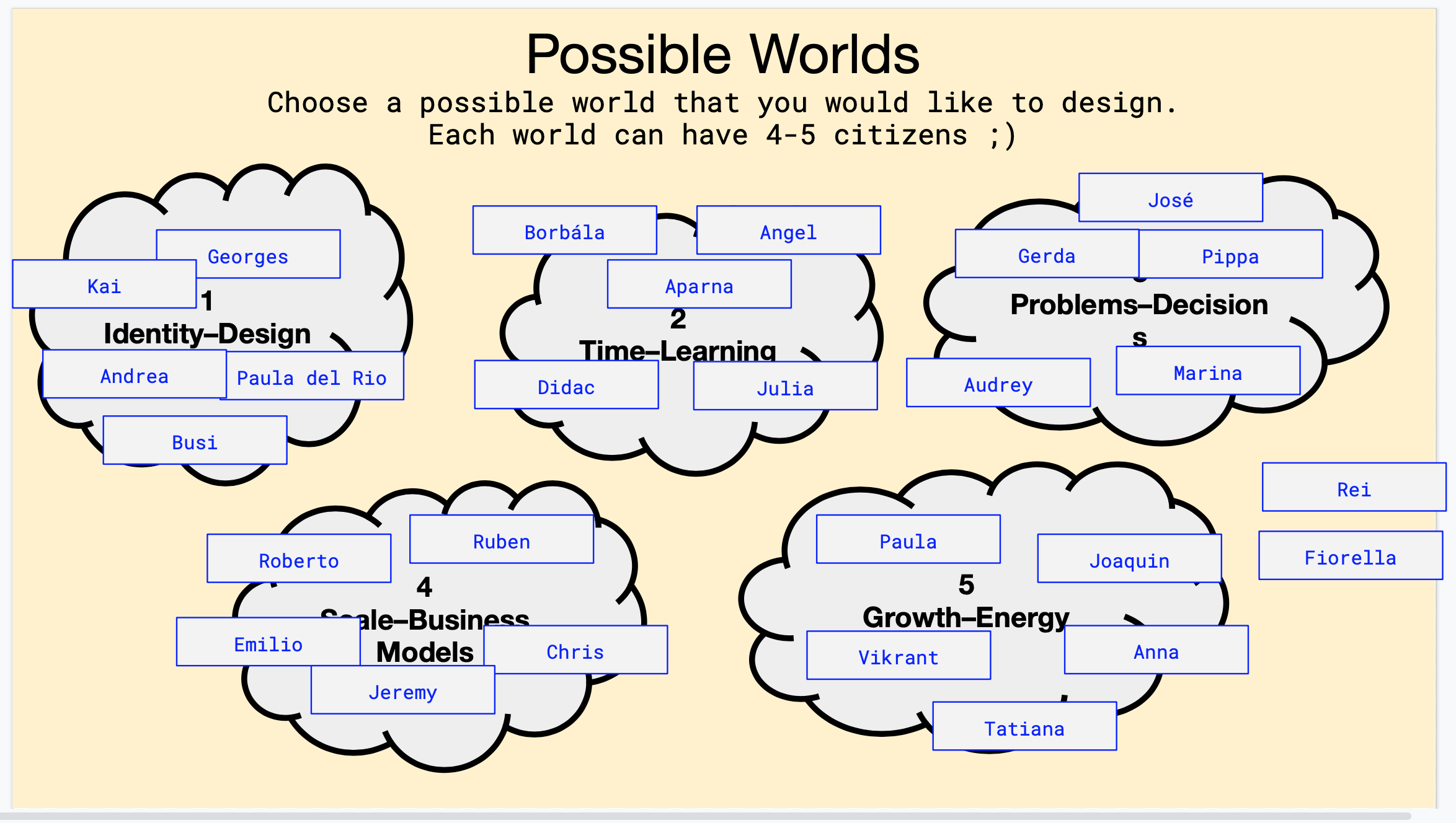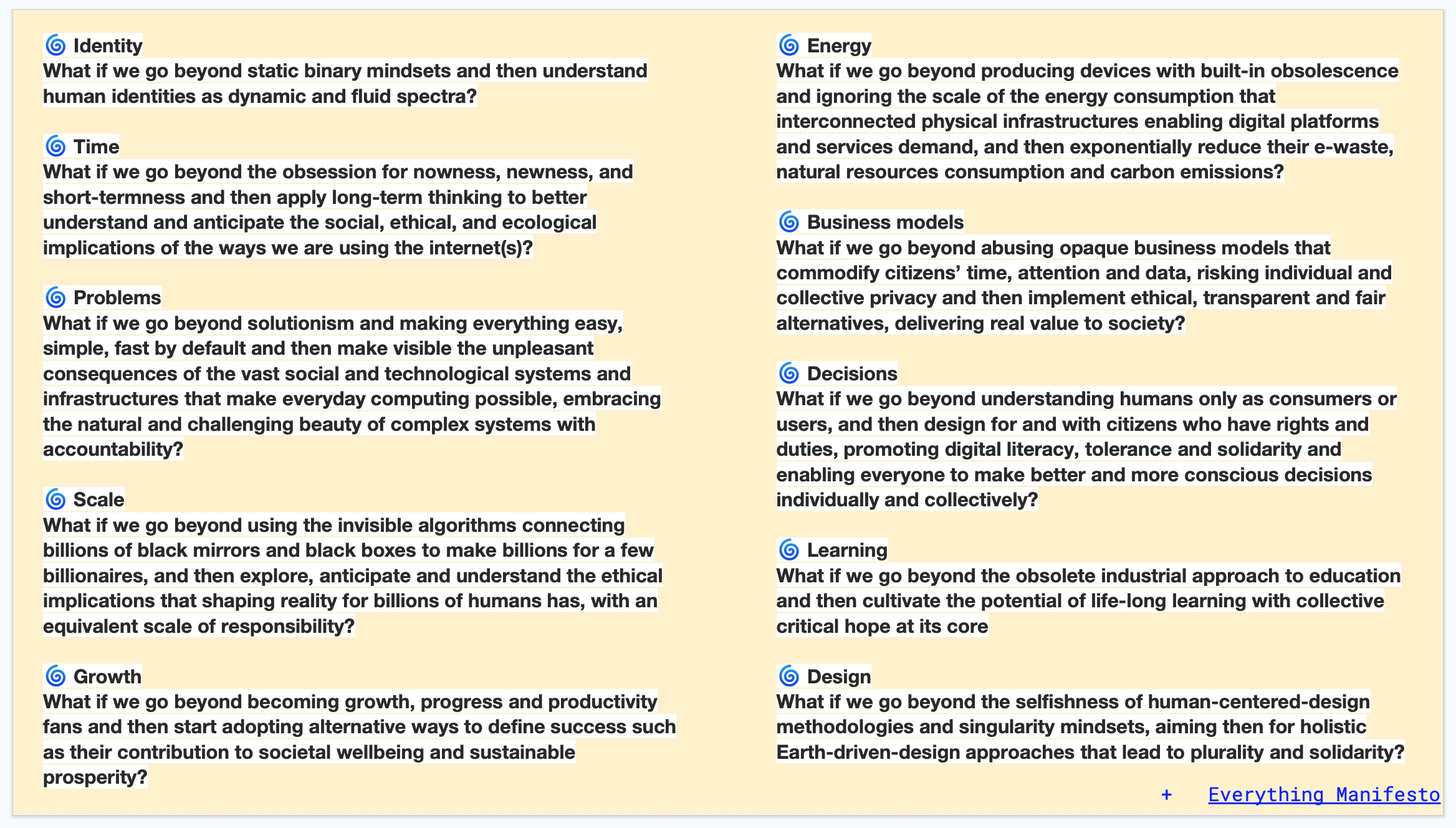SHA256 - A fiction short story
Arthur was running. A fleeting look might suggest he was running for his life, however nobody seemed to give him much thought as he was weaving through the crowd of morning commuters in Nova Estacio Sants. Their eyes were trained on the spectral screens of their AR goggles, their minds fully encapsulated by the magical promise of AI-generated entertainment, so personalized, each and every person saw a unique reality unfold in front of their eyes. At least, just as unique as their consumer profiles. They did not concern themselves with Arthur, nor the fact he was running to keep his job. An attentive spectator might have noticed the biometric badge wildly dangling in front of his chest, identifying him as personell with government security clearance. One might speculate further that an even more careful observer, with bio-enhanced vision maybe, could recognize the remarkably low clearance level, identifying its wearer as a mere intern. Alas, the crowd was of course blissfully oblivious to the fact. Arthur on the other hand was painfully aware of the causality between him failing to appear in the office on time and failing to keep his internship. ‘Not two weeks after I started there’, he thought, his eyes frantically darting around while weighing different transport options. He could, take the central Maglev train, but he knew the system was old and tended to be unreliable in these hot summer months – the last thing he could use now is to be stuck in a train car. The robo-taxis were an option as well, a last resort, despite being well above of what he could afford with his salary. ‘You guys have never failed me, right?’ he said to himself, jumping on one of the shared electric bicycles parked outside the station.
He would eventually arrive on time at his workplace, his heart beating from exhaustion and the joy of the bike ride. Little did he know, this day would turn out to be the most important day of his career. The vegan falafel wrap in his left hand was slowly cooling and loosing taste and texture in the process, while Arthur stared at the screen. Reading, scrolling, reading. He put his lunch aside, without having touched it. Reaching into a desk drawer, he pulled out his calculator, a Casio model, old enough to be considered vintage. ‘This can’t be’, he uttered to himself, deep in thought. The keys on the old calculator clicking audibly, as he again and again punched in the same calculations. What he saw in front of his eyes was something that technically should not be exist. The machine learning algorithm, called Sparkworx, running on the central tax registry, can not be wrong. Statistically speaking there was a chance of course, but it was as likely to happen as personally witnessing the heat death of the universe, which we can agree would be a rather surprising turn of events. For an algorithm, which governs all of Catalunia’s tax payers data, calculates tax returns and designs future tax policies, functional errors simply cannot exist. Sparkworx after all was more or less the tax administration itself. Naturally there were humans involved, humans like Arthur, but only to randomly sample datasets for completion. It was a fail safe that had more a symbolic nature than any practical justification. This is why Arthur looked at his screen with a expression of disbelief, as he realized, that either Sparkworx had indeed been wrong in it’s calculations – or that somebody managed to trick it. The process was usually very simple. Ever since the EEuro, a currency measuring positive ecological impact instead of arbitrary stakeholder value, has been introduced in parallel to the Euro, a number of goods and services were made to be exclusive to this currency. This eventually nudged people into contributing to a more sustainable future, even if they were not necessary enthusiastic about it. Capital always beats morals, they say – but with this system nobody needed to rely on morals anymore. It was the neoliberal’s dream, with the metaphorical hand of the market contributing to planet welfare. The system initially found quick adoption, but plateaued after capturing 35% of the market. Alas, the earth would not be saved by the EEuro, but it was a step in the right direction, economists concluded.
Meanwhile earnings in EEuro have to be separately declared to the authorities, namely Sparkworx, separated from traditional earnings, as they translate directly into a tax deduction for the next year. This brings us back to Arthur and his wrap, which was by now more reminiscent of a soggy bag than something edible. What he saw in front of him on the computer screen, was nothing short of impossible. Fraud, maybe, but an error by the AI seemed unthinkable. He digged deeper, scrolling, clicking, siphoning files from the central database, correlating them. ‘The sensors, they spoofed the sensor readings…’, he mumbled to himself. He realized the company on file had somehow managed to manipulate the emission sensors on four of their factory floors to record lower pollution values for their production sites. Only there was one problem: The sensor data was stored and real-time verified on-chain, immutable and tamper-proof. After all, more than half of the world’s democracies relied this particular distributed ledger to run their administration, from government DAOs to on-chain legal AIs. Arthur slowly scratched his chin. ‘Could somebody came have a look at this?’, he wrote in the internal office chat. This is what later became known as ‘Ground Zero’, the moment when Arthur Bardem, a 21-year old tax office intern, stumbled over the infrastructure-shattering vulnerability in the SHA256 encryption. It was at the time the beating heart of every single blockchain on the globe.
About
What would the world look like one billion seconds in the future? This was the key question in the one week-seminar led by Andres Colmenares. As a homework, I was given the chance to write a fiction short on this very question. As my key prompts (see below) I chose the world of 'Scale-Business Models', with the hypothetical questions of 'Problems', 'Growth' and 'Scale'.
The result is a fiction short story, just shy of 1000 words, portraying the life of Arthur Bardem, a 21-year old intern working at Catalunya's tax administration office. Through the (on first thought admittedly not very exciting) story telling vehicle of taxes, I chose to offer a sweeping exploration of the hypothetically revised market economy and let the protagonist uncover something daunting that highlights the pitfalls of centralized technology, even in a distributed model. This, throughout the story, additionally gave me the chance to have a speculative look at transportation infrastructure, as well as AI as a tool for policy-making and administration. The short story is on not accompanied with any visuals as a conscious decision not to narrow in the readers visual inspiration. I had a surprising amount of fun writing this, so I hope you enjoyed reading it just as much.

Speculating about possible worlds in 2053.

The ten hypothetical questions posed in the Everything Manifesto.
Cover photo by
Taylor Vick on
Unsplash
